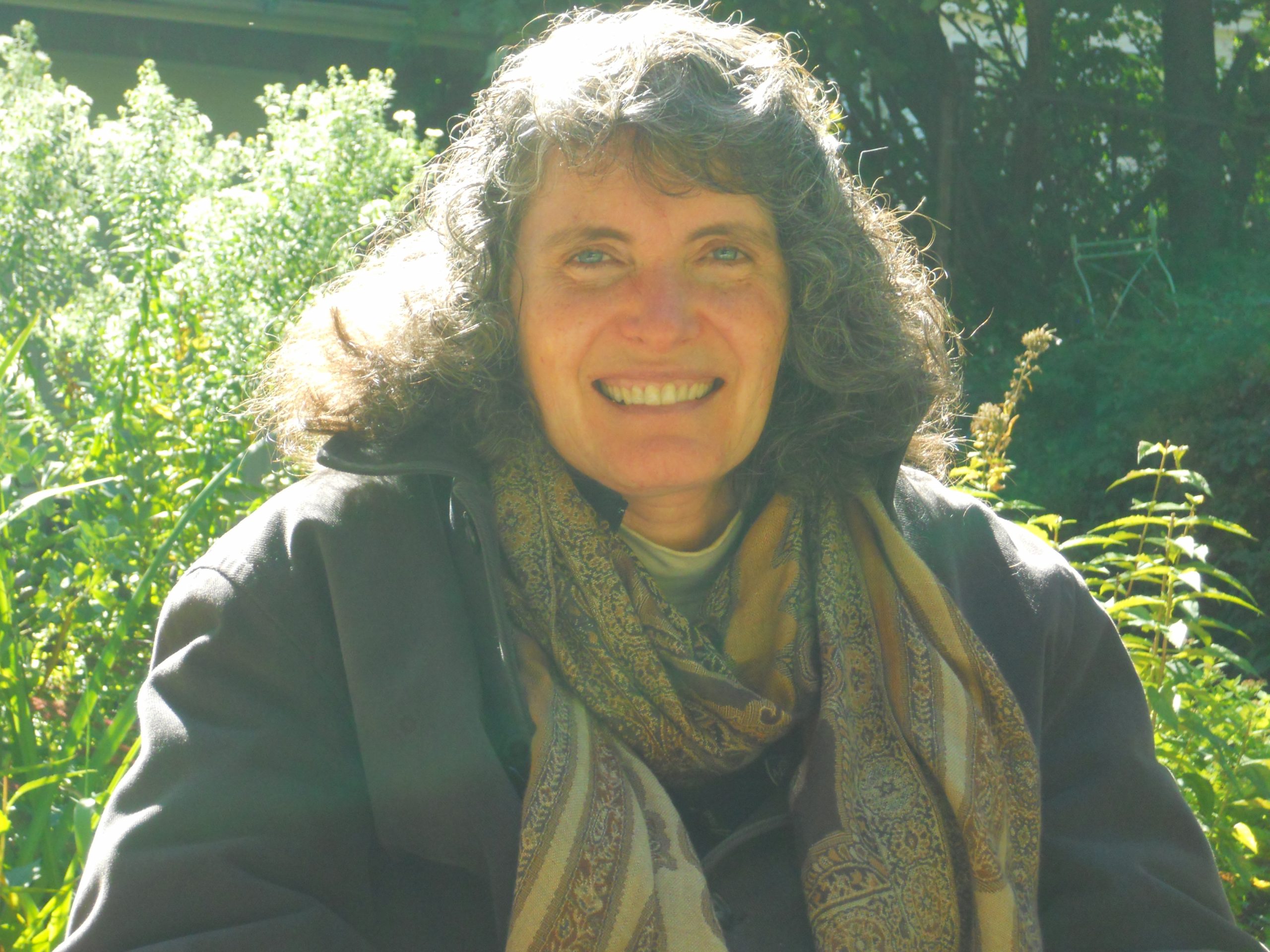The fifth speaker at this year’s Honors Colloquium at the University of Rhode Island discussed health care disparities and how they affect people with disabilities.
Dr. Lisa Iezzoni spoke at the virtual event held on Tuesday evening, which was part of this year’s focus on “Challenging Expectations: Disability in the 21st Century.”
Iezzoni is a professor of medicine at Harvard Medical School, based out of the Health Policy Research Center of the Massachusetts General Hospital. In the early years of her career, she focused on clinical outcomes, the quality of care provided for people who are disabled and methods of risk adjustment for insurance companies. These methods Iezzoni focused on are used to offset risks that insurance agencies may incur when they agree to ensure those with chronic health conditions, as those with disabilities are more prone to low incomes, high unemployment rates, inaccessible housing and domestic violence.
She has also conducted studies for multiple foundations, such as the Agency For Healthcare Research and Quality, The National Institute of Health, The Medicare Agency and many other private organizations. Since the late 1980s, her research has focused on improving the lives and medical treatment of disabled adults.
As someone who has lived with multiple sclerosis for 44 years, Iezzoni said she herself identifies as a person with a disability.
“I’ve used a wheelchair since 1988 and so I will probably kind of tend towards a perspective on mobility impairments, because that’s been my lived experience,” Iezzoni said.
With first-hand knowledge on what it’s like to live with a disability, Iezzoni discussed a wide range of topics at the event, including: disability epidemiology, disparities in outcomes between disabled and non-disabled patients, disability civil rights and the risk of diagnostic overshadowing based on a case study.
Iezzoni emphasized the idea that disability in America is not a minority issue, but rather something that affects everyone. She said that about one billion people in the world have a disability, as well as about 61 million Americans, or 26 percent of the country’s population. She said that this number is growing.
“Disability affects today, or will affect tomorrow, the lives of most Americans,” Iezzoni said. “So if it affects everybody, why is it so hard to make health care fully equitable and accessible to people with [a] disability?”
According to Iezzoni, all disabilities are diverse, caused by different factors and each requires different accommodations or awareness throughout the medical field.
She also emphasized the disparity in services and income inequality that affects individuals with disabilities. Iezzoni explained that race, obesity, tobacco smoking and health status all intersect with the onset of a disability.
“People with disability are on average more likely to experience low incomes, low education levels, high unemployment rates, poor housing, inaccessible housing or housing insecurity,” Iezzoni said. “They are more likely to have significant transportation problems. They’re more likely to have food insecurity. You’re also more likely to experience domestic violence, intimate partner violence or caregiver abuse.”
Following this, Iezzoni spoke about disability disparities in health care. In her lecture, Iezzoni said that people with disabilities are routinely excluded from clinical trials that test treatment effectiveness, making it difficult for those with disabilities to discover if certain treatments work for them as well. One example she provided for the audience was a trial in stage-one breast cancer treatment, in which individuals with disability were “24 percent less likely than other women to have breast conserving surgery.”
Using an anecdote from her own life, Iezzoni explained how one of her close friends, Michael, was victim to what she called diagnostic overshadowing.
Iezzoni said that Michael, who was diagnosed with primary progessive multiple sclerosis, was ignored by medical professions when he needed help, simply because he was disabled. Michael began experiencing cancer symptoms, such as reduced appetite, nausea, change in bowel patterns and an enlarged abdomen. However, when he asked his all-inclusive elderly care program “repeatedly for a gastroenterology evaluation” the nurse practitioner avoided scheduling him an appointment. Eventually, they discovered that he had medical problems that could have killed him after his concerns were pushed aside for so long.
Disability, according to Iezzoni, was becoming accepted as a civil rights issue starting in the late 1960s, rather than a personal issue. The disability rights movement began around this time and had significant effects on the public.
She claimed that ignoring people with disabilities became a problem for society, as things like public systems, corporations and the government were all failing to accommodate people who “perform basic functions of life in different ways than other people do.” The Americans with Disabilities Act, which passed in 1990, prohibits discrimination based on disability, and was a result of the disability rights movement.
“The disability rights movement never filled the streets with marching thousands the way that the civil rights for racial ethnic minorities did, and that’s probably because [disabled people are] such a diverse group,” Iezzoni said. “I don’t necessarily identify with people who are deaf or hard of hearing, and they might not identify with me. And there were uneasy alliances across the different interest groups. However, in the end, the Americans with Disabilities Act passed because it seemed like the right thing to do.”

